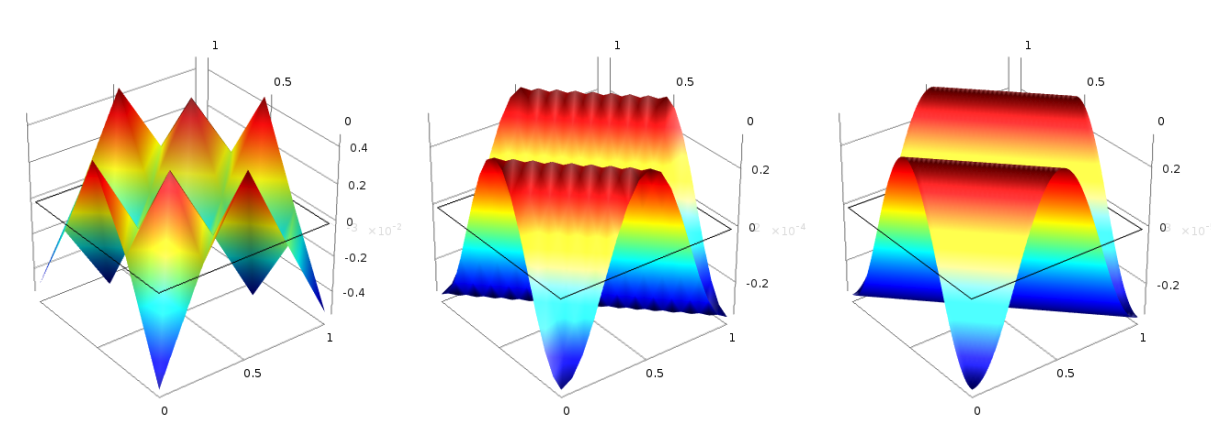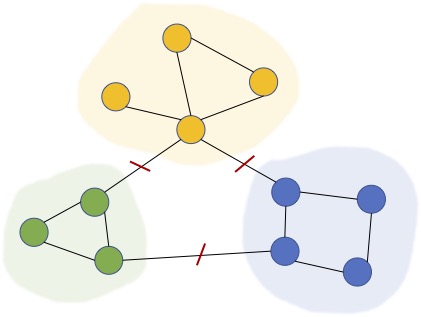Rank-heterogeneous preference models for school choice
Amel Awadelkarim, Arjun Seshadri, Itai Ashlagi, and 2 more authors
In Proceedings of the 29th ACM SIGKDD International Conference on Knowledge Discovery & Data Mining, 2023
School choice mechanism designers use discrete choice models to understand and predict families’ preferences. The most widely-used choice model, the multinomial logit (MNL), is linear in school and/or household attributes. While the model is simple and interpretable, it assumes the ranked preference lists arise from a choice process that is uniform throughout the ranking, from top to bottom. In this work, we introduce two strategies for rank-heterogeneous choice modeling tailored for school choice. First, we adapt a context-dependent random utility model (CDM), considering down-rank choices as occurring in the context of earlier up-rank choices. Second, we consider stratifying the choice modeling by rank, regularizing rank-adjacent models towards one another when appropriate. Using data on household preferences from the San Francisco Unified School District (SFUSD) across multiple years, we show that the contextual models considerably improve our out-of-sample evaluation metrics across all rank positions over the non-contextual models in the literature. Meanwhile, stratifying the model by rank can yield more accurate first-choice predictions while down-rank predictions are relatively unimproved. These models provide performance upgrades that school choice researchers can adopt to improve predictions and counterfactual analyses.
 Finite-element implementation and verification of complex fluid models based on evolving natural configurations, motivated by studies of bloodPSU, Engineering Science and Mechanics, 2017
Finite-element implementation and verification of complex fluid models based on evolving natural configurations, motivated by studies of bloodPSU, Engineering Science and Mechanics, 2017
